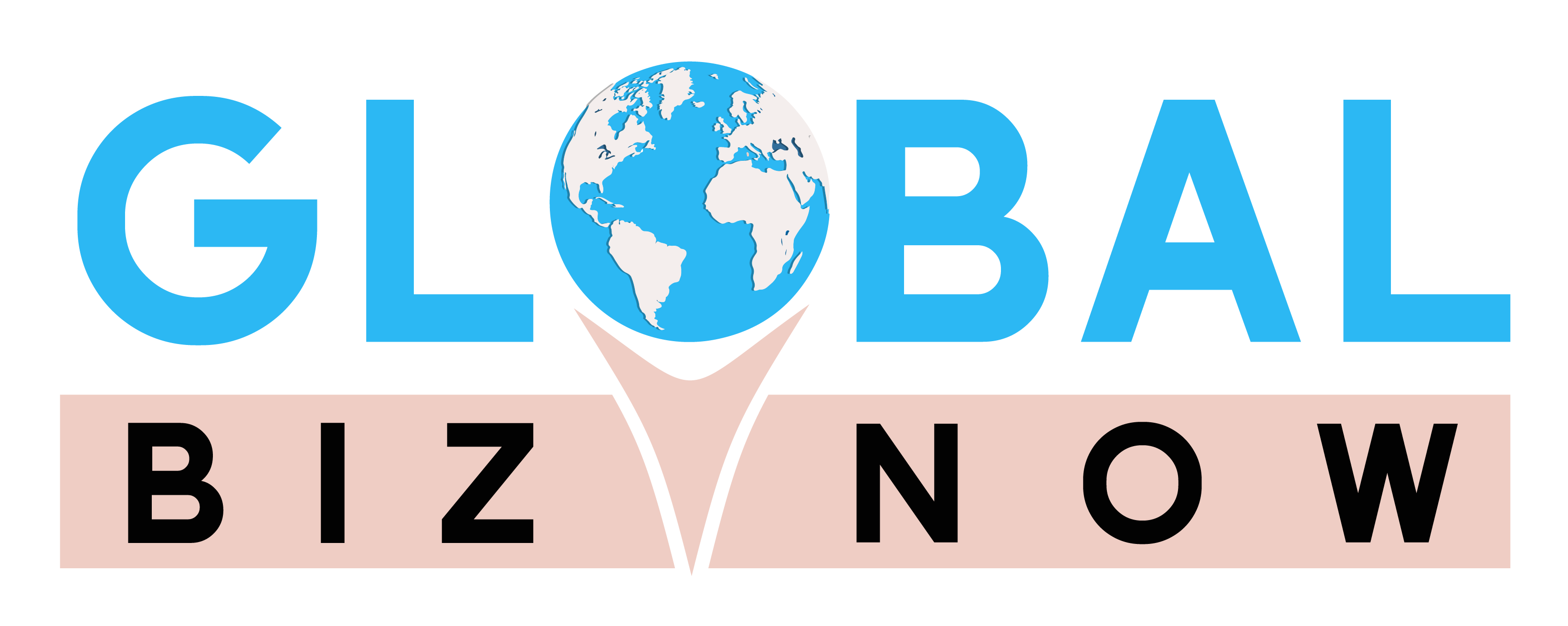Poor Mental Health on Businesses:
Poor mental health significantly affects individuals and businesses. Over 50% of people in middle- and high-income countries will experience at least one mental health condition in their lifetime.
Since the COVID-19 pandemic:
- 42% of employees globally report a decline in mental health.
- Symptoms of burnout are increasing among both employees and leaders.
Impact on businesses:
- Increased workplace absenteeism.
- Higher rates of presenteeism (employees being physically present but not productive).
- Loss of productivity.
- Economic impact: Poor mental health costs the global economy an estimated $1 trillion per year.
Workplace Mental Health with Digital Solutions
Digital solutions for workplace mental health, accessible via smartphones and fitness trackers, are crucial for employer health programs. They provide scalable therapeutic support, available anytime and anywhere, and help reduce the stigma of mental health issues due to their convenience, ease of use, and anonymity.
Advantages of Digital Tools
Digital mental health solutions empower early engagement with therapy. Hanne Horvath of HelloBetter highlights their role in allowing patients to address issues independently before they become acute. Annastiina Hintsa of Hintsa Performance notes that digital tools enhance accessibility, lowering the threshold for seeking mental health support.
Practical Considerations
When selecting health-tech solutions, employers should choose companies that can tailor offerings to their organizational culture. Senior management plays a vital role in promoting mental health. Lindsay Crittendon of Headspace for Work highlights the need for executive partnership to drive behavior change. Ensuring the quality and reliability of digital tools is also essential.
Taking the First Steps
Organizations can begin by defining their ambition for employee mental health within their broader strategy. Engaging business leaders, measuring progress, and fostering grassroots initiatives can accelerate this journey. Collaboration with other organizations can further advance mental health in the workplace.
Conclusion :
Digital tools offer promising solutions for enhancing employee mental health and resilience. By integrating these tools into wellness programs, employers can create a supportive environment, making well-being a strategic focus. This approach can ultimately improve employee performance and organizational success.



